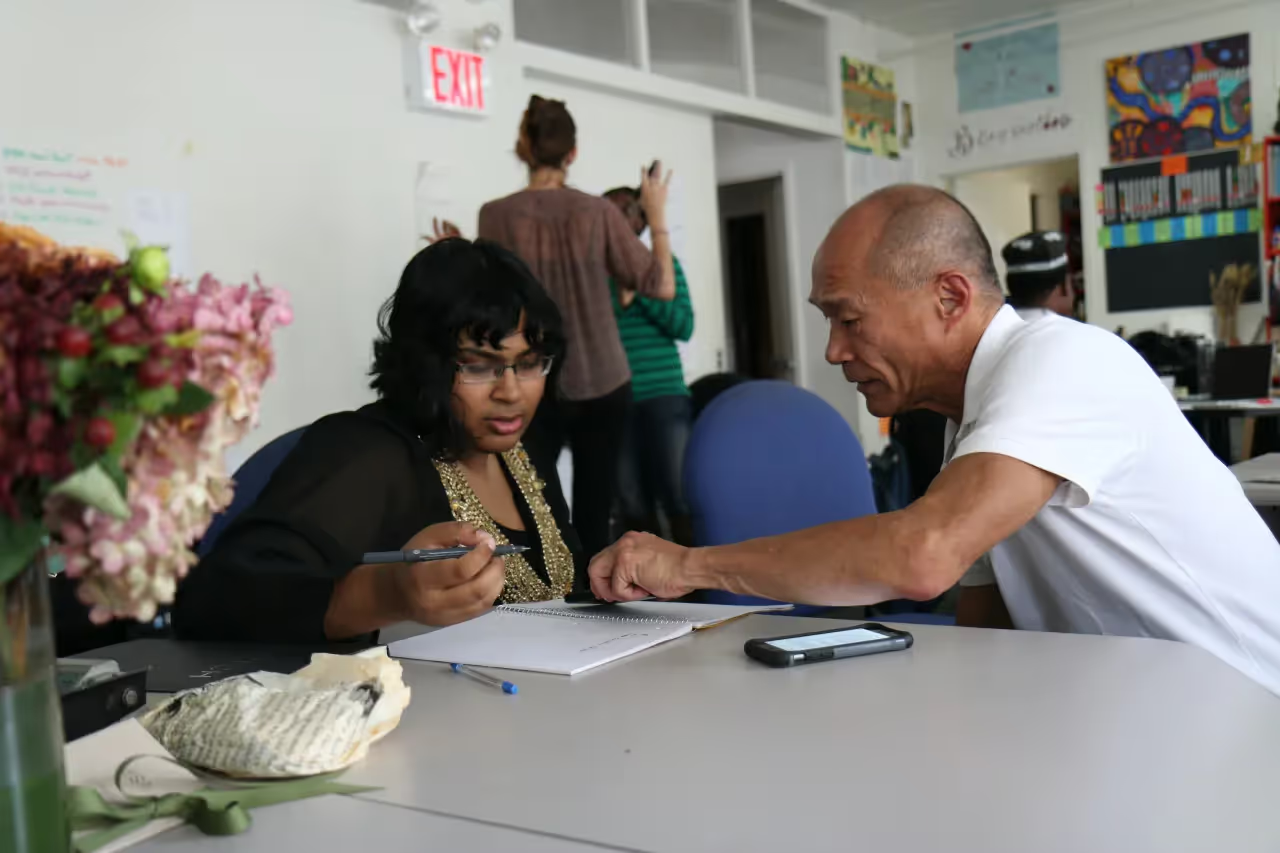Various people have different reactions after hearing that they have been diagnosed with autism.Having an explanation for one's or their child's peculiar...

Various people have different reactions after hearing that they have been diagnosed with autism.Having an explanation for one's or their child's peculiar ways of thinking, feeling, and behaving can be a great comfort to many.Some people might be frightened by it.However, it is difficult for anyone to look ahead after learning that they or their child has been diagnosed with autism.Do not feel overwhelmed about how you are feeling; this is a common experience.Although there may be no current cure for autism, you can still get all the support for autism that you may require.You should start by taking a deep breath and settling into the reality of the situation.You are still you, and you will still have the same abilities, even after an autism diagnosis.Contact the right services and get started on therapy as soon as possible once you receive a diagnosis.
You can still develop your abilities, succeed in school, and go on to lead fulfilling lives.Learn about all the details you will need to know and develop a plan to help you through the diagnosis.Read on to discover what to do after being diagnosed with autism.
Prepare for intervention measures.Consult with diagnostic specialists and investigate the various treatments and services required.Different types of treatments can help you establish the core abilities necessary for future growth and development.For people diagnosed with autism, the following services have been particularly useful:Physical therapy, Individualized Education Program (IEP), Speech therapy, Social skills groups, Behavioral therapy, Occupational therapy, Developmental therapy, and Psychiatric services and medication management.You are under no obligation to schedule multiple treatments or attend multiple support groups simultaneously.Pay attention to your medical professional's recommendations, and then proceed to assemble your support group.
Increased public understanding of autism spectrum disorder (ASD) has led to the development of treatments, resources, and guidance for people diagnosed with autism.When you are diagnosed with autism, you may feel overwhelmed by the amount of information available.Take your time.No doubt, the sheer amount of autism-related resources has been rising rapidly in recent years, making it easier to find the appropriate programs for yourself.Check to see if the materials and activities you plan to introduce into your life will actually help you.When dealing with universities, doctors, insurers, and government agencies, you are your best possible ally.Don't stop your inquiry at the diagnosis, even if it includes specific therapy advice.It is suggested that you learn more about autism by reading books, articles, or blogs.Another option is to hear people's own experiences with autism.Investigate recommended treatments and activities.Look around your neighborhood for safe, socially isolated activities that might interest you.Educating yourself about ASD can give you a sense of control and agency, but be careful not to get lost in a never-ending web of resources.

Your knowledge of yourself surpasses that of anyone else.As such, keeping this in mind is crucial while developing a plan.Although there is no one-size-fits-all approach to treating autism spectrum disorder (ASD), a successful treatment plan would incorporate structure, routine, and a multidisciplinary approach.Try to maintain an adaptable mindset. Developing a plan for coping skills and routines takes a lot of practice and error.Doing your own research and coming up with a strategy doesn't guarantee success.Also, costs associated with living with autism can add up quickly.You should also begin preparing for your future.Fortunately, you could be eligible for a significant amount of financial aid.For families and individuals, there are several different financial aid programs.One method of paying for medical care is through medical insurance.Learn what treatments and programs are covered by your insurance policy.When developing a plan, adaptability is essential.
You will need all the support you can get.It is crucial to locate a suitable advocacy organization or support group that caters to the specific requirements of you and your family.The members of a support group can be excellent resources for advice on dealing with common challenges.If you join a support group, you can talk to other people who are in a similar situation to you about where to get care.Insights gained from them may be used to lessen emotional suffering caused by issues like social anxiety or traumatic experiences.They can provide information on public and non-profit options in your area.Join a local autism support group and talk to other people in similar situations.In the long run, seeking help and acquiring these abilities will boost your standard of living.
After receiving a diagnosis of autism, it is common to feel overwhelmed.Make sure you take some time for yourself to refocus regardless of what you decide to do.You will need all the courage and strength you can muster.Remember, help and support for autism are available in different forms.
It is important that you accept your ASD diagnosis, get help, learn more about it, join a support group, and develop a plan.
https://www.verywellhealth.com/how-to-respond-to-an-autism-diagnosis-5200919
https://autismdfw.org/everything-you-need-to-do-after-a-childs-autism-diagnosis/
https://opendoorstherapy.com/i-was-diagnosed-with-high-functioning-autism-now-what/
No, we provide counseling (talk therapy) and medication management for individuals with Autism or those who may have Autism. However, if you require a formal evaluation involving comprehensive testing, we recommend consulting a Psychologist.